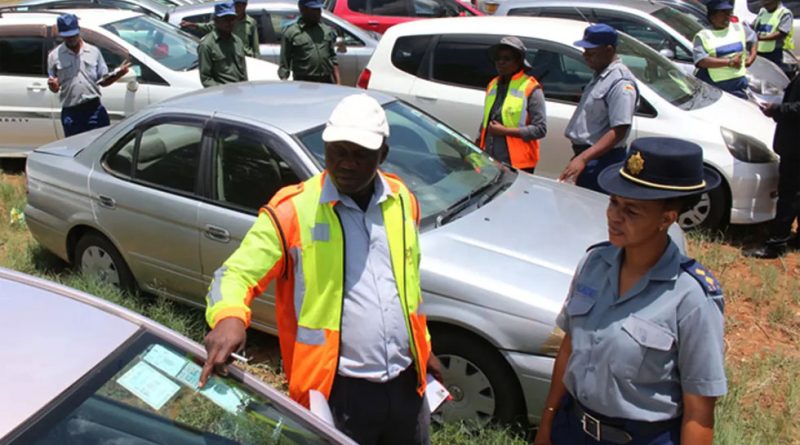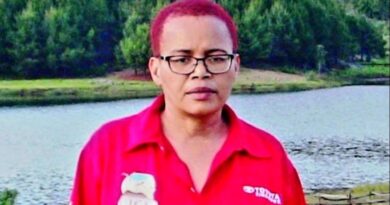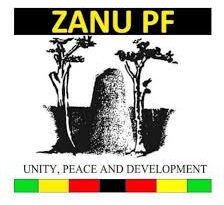Zimbabwean drivers happy as government plans to slash ZBC license fees in January 2026
Facing fierce backlash from millions of motorists, government has bowed to pressure and will slash Zimbabwe Broadcasting Corporation (ZBC) licence fees by January 2026.
The retreat comes after compulsory vehicle radio charges sparked nationwide outrage and forced citizens to pay for a broadcaster many say they barely consume.
Information, Media and Broadcasting Services Minister Dr Jenfan Muswere announced the reduction at the Media Alliance of Zimbabwe (MAZ) stakeholders’ conference in Harare.
He said the “whole government” had agreed to lower tariffs following anger over the Broadcasting Services Amendment Act (No. 2 of 2025), which made payment mandatory when renewing insurance or licence discs.
“The reduction will be coming by January, I am sure that’s when the reduction will be finalised,” Muswere said.
Under the current tariff structure, private motorists pay US$23 per quarter (US$92 annually), while corporate vehicles are charged US$50 per quarter (US$200 annually).
Non‑compliant motorists cannot obtain insurance or ZINARA discs, and even those in areas without ZBC signal coverage must pay if their vehicles have radios.
Exemptions are only available to drivers without radio sets.
The minister defended the framework despite widespread criticism, saying ZBC requires predictable funding to fulfil its constitutional role.
“Resources secured from ZBC will be utilised for local content production, the same resources will be utilised to expand our terrestrial infrastructure, which means all of you as players will benefit from the licence fees,” he said.
He added that ZBC operates within a wider ecosystem involving the Broadcasting Authority of Zimbabwe (BAZ) and Transmedia, where most funds go toward expanding signal reach.
The law has exposed compliance gaps, with 1.2 million registered vehicles but only 800,000 carrying valid insurance.
Critics argue motorists are being forced to subsidise ZBC regardless of reach or preference, while others question the broadcaster’s content quality.
Muswere countered that revenues have already improved, noting ZBC’s compliance rate had been below 25 percent when he assumed office.
“I can indicate that millions have gone up at the public broadcaster,” he said.
Former Information Deputy Minister Kindness Paradza rejected calls to scrap the fees, insisting they support a broader media fund.
“They are talking about sustainability and want a media fund and ZBC licence fees are going toward the media fund that you will be borrowing from and want that to be dropped. What nonsense is that? You want money from the media fund…,” Paradza said.
His remarks underline divisions between those demanding voluntary funding and those backing compulsory contributions.
Beyond the funding debate, Muswere linked the fees to Zimbabwe’s delayed digital migration.
The International Telecommunication Union (ITU) set a 2015 deadline for countries to move from analogue to digital broadcasting, but Zimbabwe missed it by a decade.
He said reforms, including “Zim Digital Phase Two,” will expand television coverage beyond the current 38 percent and radio reach beyond 62 percent.
“Most of those funds will be utilised to support the same ecosystem in terms of Zim Digital,” Muswere explained.
He pointed to convergence between telecoms and broadcasting, noting mobile penetration has surpassed 97 percent.
Resources from the Universal Services Fund will support infrastructure expansion, while Transmedia’s growth as a signal carrier will benefit the entire media sector.
The government is also establishing 10 provincial content hubs under ZiTESA to boost local production.
“If Transmedia expands in terms of its responsibility as a signal carrier, it also means the entirety of the media sector is expanded,” he said.
Muswere added that the revived funding model will help rebuild creative industries and support the National Arts Council.
“We also then created a new film industry, which totally collapsed… I am now happy and confident that the public broadcaster now has the resources to support the National Arts Council in order to support our musicians and artists,” he said.
He confirmed the Media Practitioners Bill will soon be finalised to distinguish accredited journalists from citizen content creators.
The fee reduction, expected by January 2026, marks a concession to public sentiment but Muswere insisted ZBC’s mandate to inform, educate and entertain remains central.
He said the government’s “whole approach” is designed to deliver lower costs, wider coverage, and stronger content pipelines.
All eyes are now on government to deliver the promised reduction by January 2026.




